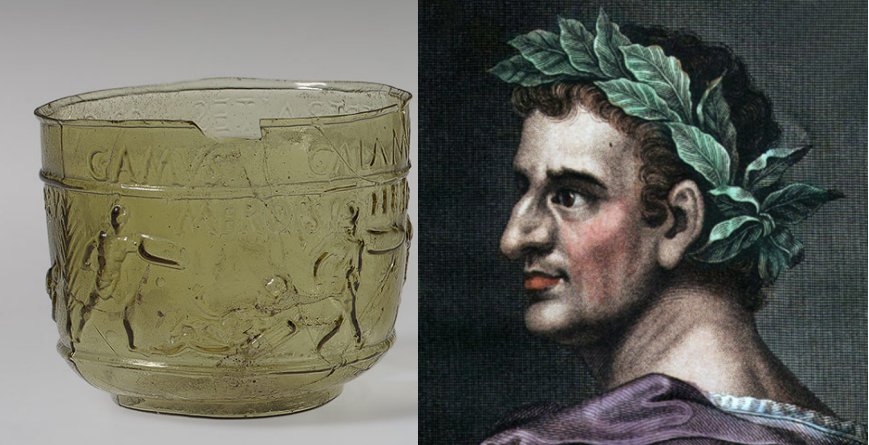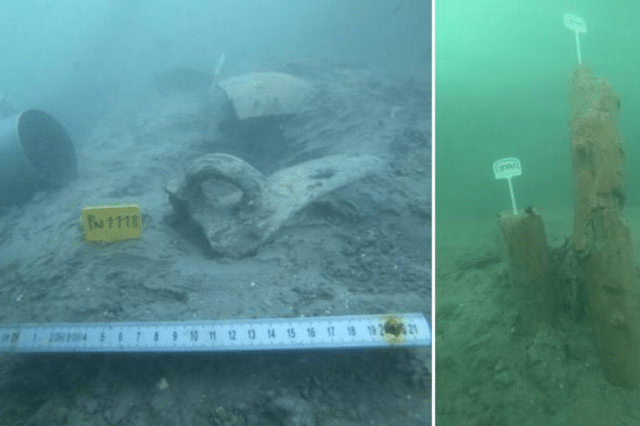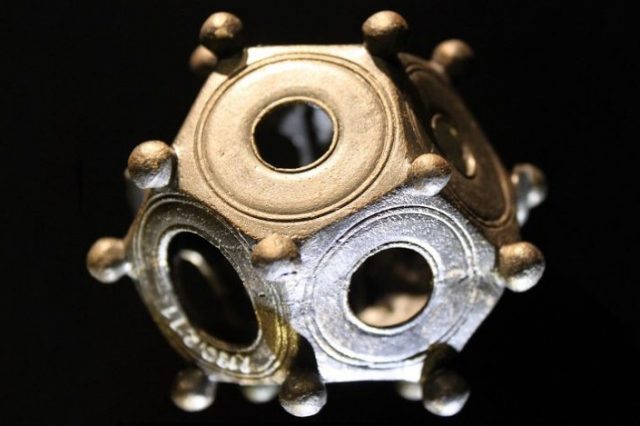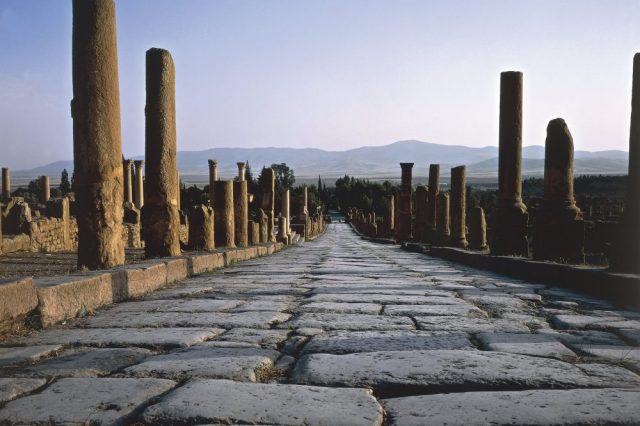Ancient Roman Flexible glass is one of the many lost inventions of the ancient world. Albeit its existence is unconfirmed, if it existed, it had the potential to change life in the Roman Empire.
What if the Ancient Romans were so technologically advanced that they invented an unbreakable glass? An invention lost in time that has not been re-created to such extent even by modern-day technology – flexible glass.
Ancient Roman flexible glass, who invented it?
Although several courtiers and authors of Ancient Rome mentioned the invention, the actual name of the creator is unknown. Unfortunately, he did not live long enough to share it with anyone else but the Roman Emperor.
Based on historical sources, the glass was unbreakable
The flexible glass was unbreakable. It could withstand heavy damage without breaking into a thousand pieces like glass. When you think about it, it does sound like an ancient version of modern plastic. Perhaps the creation was not actual glass but some transparent early plastic-ish material.
Emperor Tiberius Caesar had the creator beheaded
According to the written sources by several ancient authors, the creator requested an audience with Emperor Tiberius, expecting that he would impress the ruler and get a handsome reward for his genius. His story had an unfortunate end as he did not meet the expected understanding. When he demonstrated the unbreakable properties of his flexible glass, the Emperor had him beheaded. There are two versions of the story. The more “positive” one, according to the ancient author Pliny the Elder, the creator had his workshop shut down but was not beheaded.
According to the courtier Petronius, however, he was asked whether anyone else knew about the invention. When he swore before the Emperor that he was the only one who knew, he was beheaded to preserve the secret. Read the following fact to understand why. Assuming that any of the versions are correct, the drinking bowl that the inventor presented to the Emperor disappeared and has not been found by archaeologists. No evidence of the existence of flexible glass has been found as of yet.
Emperor Tiberius Caesar feared it could depreciate gold and silver
Emperor Tiberius Caesar had a valid reason to destroy all evidence regarding the new invention. He feared it could depreciate the value of the important precious metals in Ancient Rome. When you think about it, such an invention in an unadvanced historical period could have an immense impact. Although it would hardly replace gold and silver, the most important materials back then, it would have changed their full understanding of architecture and building. One could imagine it would have improved ancient structures in a way that would make them more durable. Perhaps, if the Emperor had allowed this invention to spread in the Roman Empire and the world, we would have had better-preserved ancient monuments and a lot more to think about when we refer to Ancient Rome.
This invention has not yet been achieved even by modern technology
Ancient Roman glassmaking was so advanced that most techniques were only re-invented around the end of the 18th century or later. Whether or not this ancient flexible glass existed, no such technology has been achieved today. The closest invention by modern science is tempered glass which we now see on phones and all types of protective equipment. And still, while tempered glass can bend and return to its original shape, based on the stories of flexible glass, it could withstand heavy hits and damage, and the only consequence would be a dent which could later be fixed with a hammer.
Join the discussion and participate in awesome giveaways in our mobile Telegram group. Join Curiosmos on Telegram Today. t.me/Curiosmos





